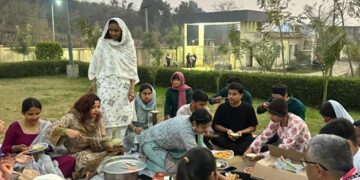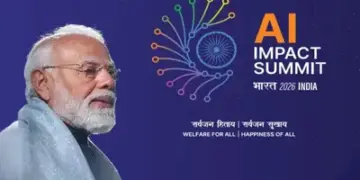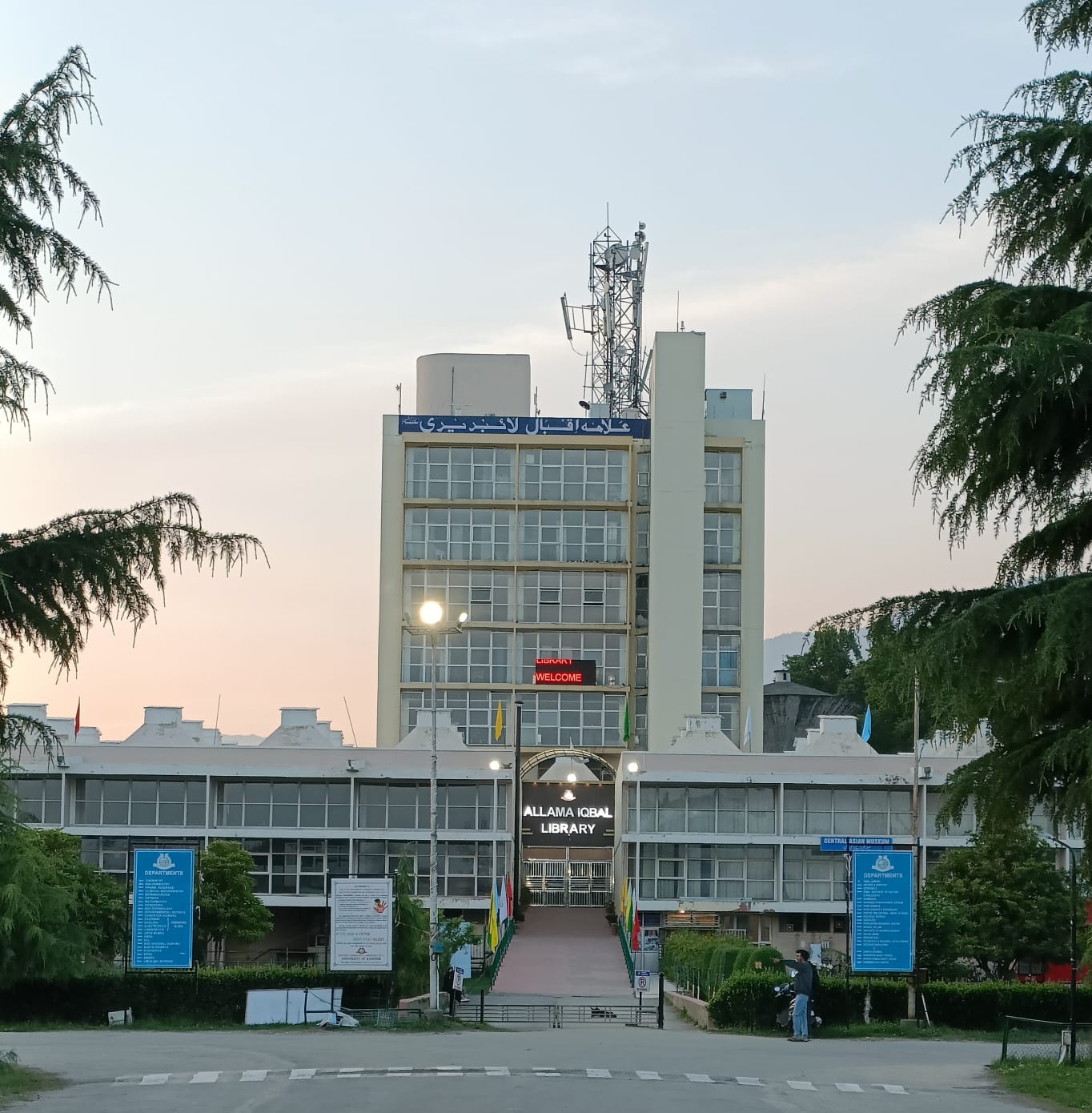The announcement of a ceasefire between India and Pakistan often evokes cautious optimism across the subcontinent. The phrase sounds comforting, almost like a lullaby to a fatigued region. Yet for Kashmir, these proclamations have become ritualistic preludes to fresh funerals. The Line of Control may fall silent for a few weeks or months, but the violence finds new routes – through infiltration, proxy terrorism, and ideological subversion. And thus, even as diplomats trade pleasantries, Kashmir builds more rows in its cemeteries.
The challenge lies in the very nature of the India-Pakistan dynamic: a theatre of perpetual mistrust where gestures of goodwill are often laced with strategic deceit. History bears witness. From the Simla Agreement to the Lahore Declaration, from backchannel diplomacy to Track-II initiatives, each moment of reconciliation has sooner or later been overtaken by bullets and bloodshed. The Kargil intrusion followed the Lahore bus ride. The Pulwama attack preceded the Kartarpur corridor initiative. And now, the recent Pahalgam incident threatens to cast a long shadow over the latest diplomatic overtures.
At the core of this cyclical betrayal is Pakistan’s carefully calibrated ambiguity. While its political leadership mouths peace, its military-intelligence complex engineers conflict. The duality is not incidental but institutional. The terror infrastructure across the border is no longer a mere vestige of Cold War tactics or anti-India sentiment; it has morphed into a parallel economy, a strategic instrument, and a political crutch for Pakistan’s military elite. This ecosystem thrives on instability. And Kashmir is its chosen ground.
India, on the other hand, has oscillated between assertive retaliation and conciliatory diplomacy. The surgical strikes in 2016 and the Balakot airstrikes in 2019 were expressions of a new strategic posture that broke away from past restraint. Yet, New Delhi has also continued to offer the hand of dialogue, even at the risk of appearing naive. The willingness to talk has never been India’s weakness; it has been its civilisational strength. But diplomacy, without consequences for duplicity, is diplomacy wasted.
The latest developments have reignited the debate over whether dialogue with Pakistan serves any constructive purpose. Critics argue that talks lend legitimacy to a state that has repeatedly reneged on its commitments and patronised extremist elements. Supporters of engagement counter that disengagement leaves a vacuum, which malign forces are only too eager to fill. Both perspectives hold some merit. But what is often overlooked is the need to redefine the framework within which such dialogues occur.
India must no longer allow the discourse to be held hostage to performative ceasefires. A ceasefire, by definition, is a temporary halt to aggression. It is not a peace treaty, nor a resolution of fundamental differences. For decades, these announcements have provided only brief interludes – not from conflict, but from the pressure to account for it. They have enabled both nations to claim moral high ground, while ground realities remained unchanged.
What Kashmir needs is not another ceasefire agreement; it needs a structural dismantling of the terror apparatus that fuels its unrest. This requires global accountability mechanisms that go beyond customary statements of concern. The international community, particularly those invested in regional stability, must abandon the comfort of neutrality when neutrality enables terrorism. There can be no moral equivalence between a democracy defending its sovereignty and a state-enabled actor waging asymmetric war.
Furthermore, it is time for New Delhi to broaden its diplomatic arsenal. Strategic isolation of Pakistan, wherever warranted, must be pursued with legal, economic, and narrative tools. Bilateralism has long been India’s stated position, but it should not translate into self-imposed silences. If Islamabad internationalises lies, New Delhi must internationalise the truth – systematically, persistently, and professionally.
Yet amidst all this, the most critical stakeholder remains the Kashmiri citizen – the young student dreaming of progress, the apple farmer worrying about market access, the woman fearing both drones and slogans, the soldier standing guard in a hostile terrain. Their lives cannot be subject to diplomatic mood swings or geopolitical gambles. They deserve stability that is not episodic, peace that is not performative, and governance that is not reactive.
Kashmir’s future lies in ending its eternal compromise. It cannot continue to be a region whose peace depends on the promises of those who neither suffer its winters nor bleed in its battles. Ceasefires may sound noble in press briefings, but they are hollow until backed by intent and verifiable action. Until then, Kashmir will keep digging fresh graves even as the world reads hopeful headlines.
The time has come to call out the charade. A ceasefire is not a solution; it is a pause. And if that pause is only used to reload, it ceases to be moral or meaningful.
As a responsible nation, India must continue to uphold its commitment to regional peace. But it must do so without falling prey to theatrics. It must lead from the front, with clarity, courage, and consequence. Only then will the rows in Kashmir’s cemeteries stop growing.







